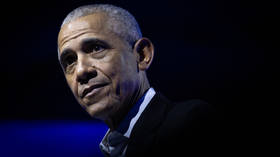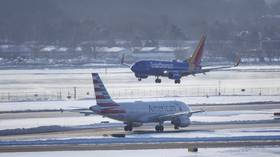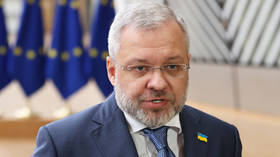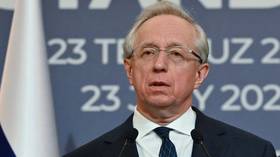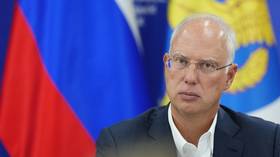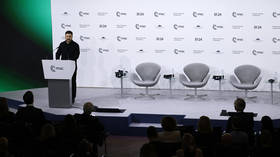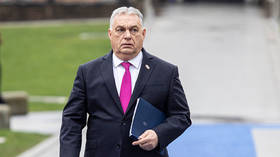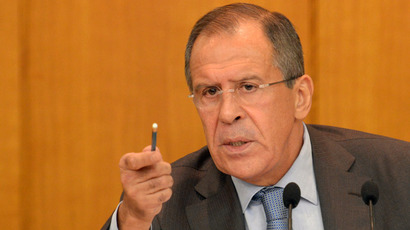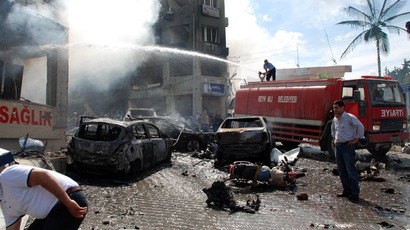Turkey and Syria: From friends to foes
As Turkey and Syria trade blame for the twin bombings that killed 46 people in a Turkish border town, RT’s Maria Finoshina travels to the Turkey-Syria border to investigate how the former allies have become bitter enemies.
Turkey shares its longest border with its one-time ally Syria. The Turkey-Syria border is now closed, and both sides are trading blame for the bombing in Reyhanli, Turkey, on Saturday.
Turkey accused Damascus of perpetrating the attack, while the Syrian government has denied its involvement, and said the attack is being used to justify a foreign intervention.
Turkish Foreign Minister Ahmet Davutoglu claimed that those behind the attacks were from an "old Marxist terrorist organization" with ties to the Assad government. "It is time for the international community to act together against this regime," he said in a news conference on Sunday.
Syrian Information Minister Omran al-Zoubi dismissed Turkey's accusations: “No one has the right to make false accusations… Syria did not commit and would never commit such an act because our values would not allow that.”

Relations were not always so strained between the two countries, Finoshina reported from the Turkey-Syria border.
“It’s hard to imagine now but in 2009 the two countries even held joint military drills across that frontier, in what was a brief thaw in relations between the two,” Finoshina reported. Just several years ago the two nations inked a free trade agreement, visa-free movement and held several presidential visits.

Residents in the border regions of both countries grew close, with families on both sides feeling that they shared a common home. But now, with warlike rhetoric and accusations in the air, “relations between the two neighbors are strained like never before,” Finoshina said.
Watch her full report above.


